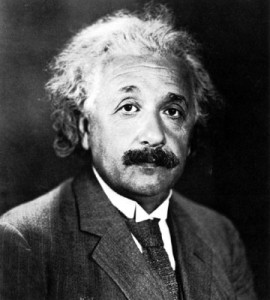Many lawyers are obsessed with getting the details right. So are many artists and creative people and business leaders.
Perfectionists often create superior results, but their obsession with making things “perfect” often causes them to procrastinate.
Maybe you can relate.
How do you do good work and get better results without getting ensnared in the net of perfectionism?
The answer isn’t to fight your natural tendency, it is to re-focus it.
Instead of obsessing over every detail, train yourself to obsess about the details that matter.
The things that deliver the biggest return on your investment.
The 20% that delivers 80% of your results.
In your writing, that means giving extra attention to your headlines and email subject lines. They do the heavy lifting by getting more people to read what you wrote.
In a negotiation or a closing argument, you don’t have to win ever point or collect every dollar, as long as you’re getting enough to be able to call it a win.
In your marketing campaigns, you don’t have to attract everyone with a problem you can solve, as long as you’re attracting a preponderance of your ideal clients.
There will always be room to improve, but if you’re getting good results, let go of the things that aren’t important (or delegate them) so you can focus on what’s important and what you do best.
You don’t have to be good all marketing if you’re good at getting referrals








